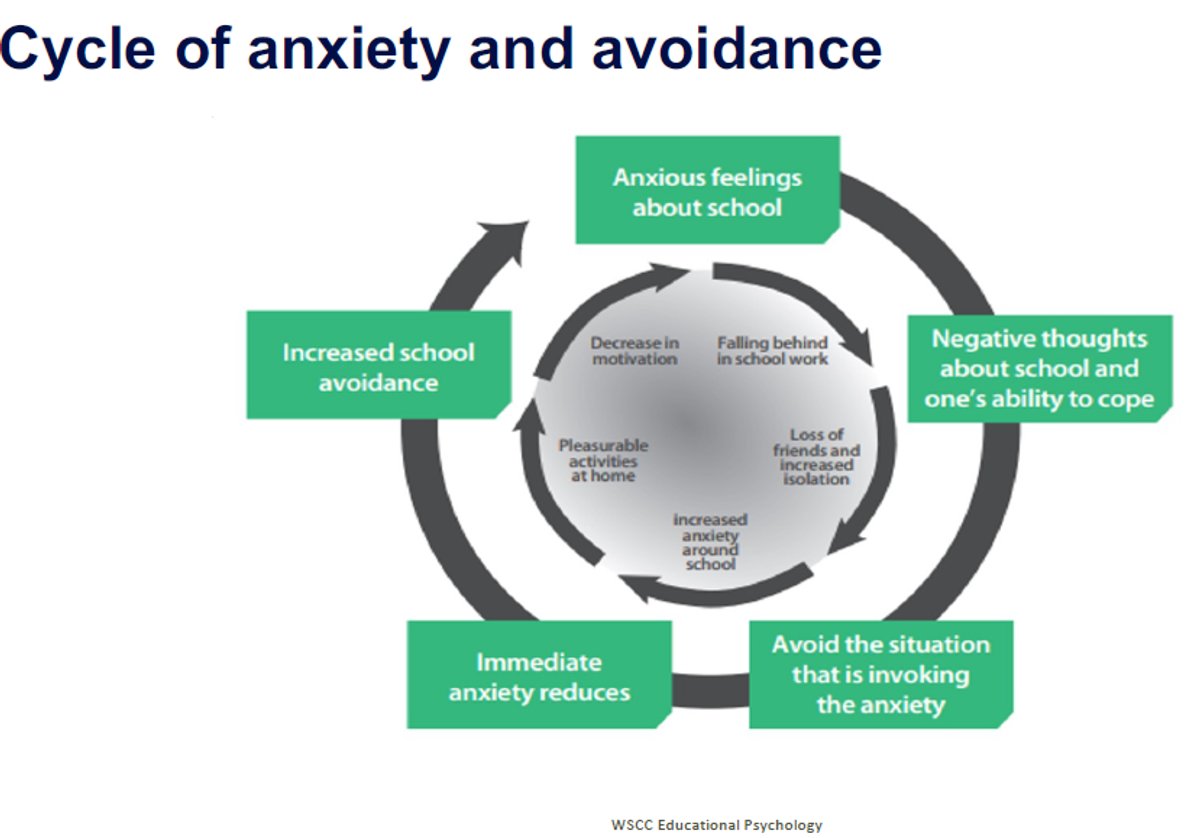Deputy Principal
Student Development & Wellbeing - Michelle Licina

Deputy Principal
Student Development & Wellbeing - Michelle Licina


As 2024 is ending with only 4 weeks of teaching left, it may seem like an odd time to talk about attendance. Never!
A document I have close at hand always is an evidence-based paper from the Australian Institute for Teaching and School Leadership (AITSL). Titled ‘Attendance Matters’, the article is very clear that school attendance rates are one of the biggest contributors to academic success. I provide an excerpt from the executive summary below:
Teacher quality is the single most important in-school factor influencing student achievement. (Hattie, 2009). However, the relationship between teacher quality and student achievement is mediated by the amount of time students spend in the classroom. Irrespective of the reasons for absences, non-attendance affects student outcomes.
(Australian Institute for Teaching and School Leadership (AITSL), 2019)
This report from 2019 expresses concern for our population which, at the time of writing, showed that 25% of Australian school students attend school less than 90% of school days. This equates to 20 days in a school year – a month of learning missed. One in four students absent, on average, 5 days per term. Post-pandemic, I would suggest the needle has moved more with a greater percentage in this 90% or less data. Attendance of 90% or less is considered ‘chronic absenteeism’. Unfortunately, we have many students contributing to this statistic.
We know the disruption to learning that the COVID-19 pandemic created may take a generation of school children to re-set things. Prep students in 2020 are the graduates of 2032. That is some time away.
Non-attendance has academic and social impacts on our students. There may be an increase in social isolation and lack of engagement with the school community and its benefits. It is also associated with an increase in school dropout. Attendance rates are influenced by a variety factors that relate to school, individual and/or family contexts. Every day counts and there is no ‘safe’ threshold for absences. (Hancock, Shepherd , Lawrence, & Zubrick, 2013)
At Mt A, we take absenteeism very seriously. Our Homeroom each morning provides a welcome space for students to arrive to school on time, prepare for their lessons, have our rolls marked accurately and for a familiar face to ‘check in’ on the wellbeing of our students by their Homeroom Mentor Teacher. So, when students are late to school, this check in opportunity and our robust roll marking is compromised. We also know that arriving to school and class on time is a life skill that benefits our students long after they graduate.
We know that post-pandemic there is a rise of school avoidance and school refusal. Our Heads of House and Counselling Team are experts in assisting families in addressing this distressing time for the child. Anxiety with school becomes a difficult cycle if left without support.


Families are highly encouraged to contact their Head of House in the first moments a child is consistently making excuses or complaints to find reasons to stay home. We are here to help.
Reflection days, career days, camps, carnival days and excursions are critical parts of the Mt A journey. Our College Leadership Team, Heads of House, Heads of Faculty and Teaching staff place a great deal of time and energy into these vital days that assist in the personal and spiritual growth of our young people and their cohorts. They contribute to our positive culture. They encourage right behaviour. It is disheartening to know that some of our students are given permission to stay home on these occasions as no lessons are occurring. Have faith! There is so much wisdom to be gained when our young people are encouraged and expected to attend and engage in all aspects of College life.
While the pandemic forced the creation of online learning spaces, we know that nothing replaces the rich environment that face-to-face learning provides our young people. It is our only model of teaching and learning at Mt A.
The human interaction, the observation of peers, an opportunity to ask questions, immediate review of work…there is nothing like it. Because of this, the College does not endorse vacation time during term. A reminder to families that should a decision be made to take their child out of school for vacation purposes during term, the following protocols are applied:
Entering our College gates passing La Foresta is an incredibly welcoming way to start the day. I am so fortunate it is the view from my office window. We thank our families for their continued partnership using the College app and our absentee line to report absences and for liaising with your child’s Homeroom Mentor Teacher should an absence be two days or more.
Works Cited
Australian Institute for Teaching and School Leadership (AITSL). (2019). Spotlight: Attendance Matters. Retrieved from Australian Institute for Teaching and School Leadership (AITSL): https://www.aitsl.edu.au/tools-resources/resource/spotlight-attendance-matters
Hancock, K. J., Shepherd , C. C., Lawrence, D., & Zubrick, S. R. (2013). Student attendance and education outcomes: every day counts'. Canberra: Department of Education Employment and Workplace Relations.